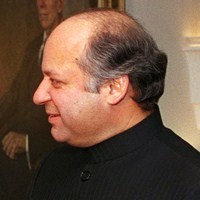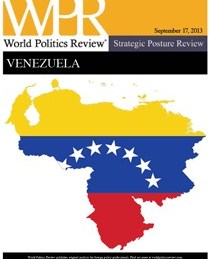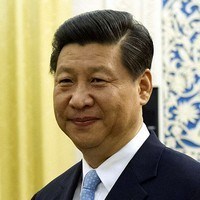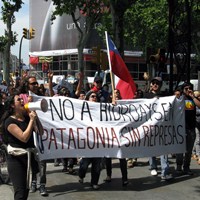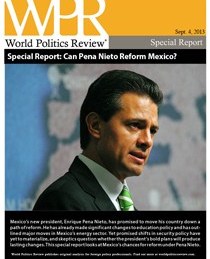
This month, Polish Prime Minister Donald Tusk faced protests in the capital followed by the defection of a member of his governing party in parliament. In an email interview, Aleks Szczerbiak, professor of politics and contemporary European studies at the University of Sussex, explained the sources of Polish discontent and the implications for the stability of Tusk’s government. WPR: What is driving the dissatisfaction with Tusk’s government? Aleks Szczerbiak: The slump in support for Tusk’s government is due to a number of factors. Continued economic sluggishness has accompanied a growing perception that the government is drifting and has failed to […]




